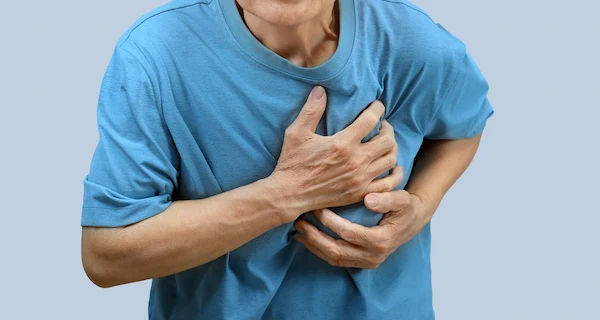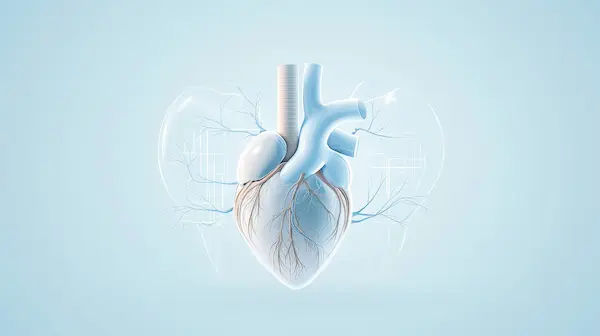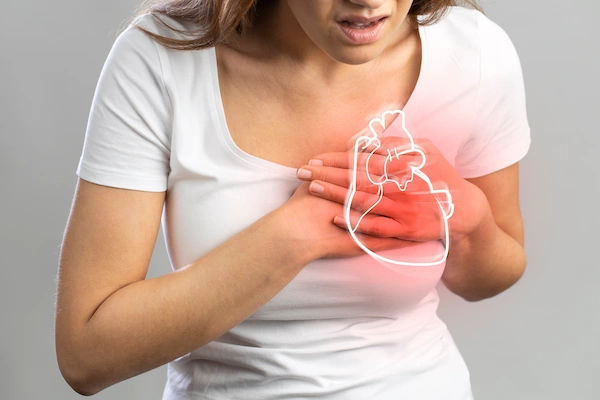- Male
- 65 Years
- 22/01/2025
I'm a bit confused about my recent test results. My echo test came back normal, but my ECG report is considered borderline. Could you help me understand what this means? Should I be concerned or take any specific actions?
Answered by 1 Apollo Doctors
A borderline ECG report means that there may be some minor abnormalities or variations in the electrical activity of your heart, but they are not significant enough to definitively diagnose a specific condition. In this case, it is important to follow up with your healthcare provider for further evaluation and monitoring. Depending on your specific symptoms and medical history, your doctor may recommend further tests or medications. In the meantime, it is important to maintain a healthy lifestyle, including regular exercise and a balanced diet.
Dr. Ranjith Suggests...
Consult a Cardiologist
Answered 04/07/2025
0
0

More Cardiology Health Queries
View allI'm experiencing at least one skipped heartbeat every day, and it feels like a sudden loud thump in my chest. It's making me really scared. Do you have any idea what might be causing this?
Get an ecg done and visit Cardiologist for evaluation and appropriate management
Answered by 1 Apollo Doctors
I'm a bit worried because my doctor said it's palpitation and my ECG came back normal. At the time, my heart rate was around 100 bpm, and they prescribed me medicine for 10 days. Now it's the fourth day, and I'm noticing my heart rate is sometimes above 100 or in the 90s, but when I wake up, it's around 80 or 78, and at night it's between 67 and 72 when I'm resting. How long do you think it'll take for my heart rate to stabilize back to normal? It's above 90 and sometimes even over 100 in the afternoon before it calms down.
The medication prescribed by your doctor is likely a beta-blocker such as Metoprolol. The usual dosage for heart palpitations is around 25-50mg twice daily. It may take a few weeks for the medication to fully regulate your heart rate. It is important to continue taking the medication as prescribed and follow up with your doctor for any concerns or adjustments to the treatment plan.
Answered by 1 Apollo Doctors
I'm Aryan, age 24, and I've noticed that my heart rate goes up after I eat, usually below 90. Normally, my resting heart rate is between 65 and 72, but it climbs to 90 post-meal. I've had both an ECG and an echo, and everything turned out normal, but I'm still pretty anxious about it. Do you think I should see a gastroenterologist?
A heart rate increase after a meal, especially up to around 90 beats per minute, can be normal as your body works to digest food. Given that your ECG and echo are normal, it is less likely to be a heart-related issue. If you are experiencing significant anxiety about this, or if you have other gastrointestinal symptoms like bloating, discomfort, or indigestion, it might be helpful to consult a gastroenterologist. They can evaluate if there's a digestive-related cause for your symptoms and provide reassurance or treatment as needed.
Answered by 1 Apollo Doctors
Disclaimer: Answers on Apollo 247 are not intended to replace your doctor advice. Always seek help of a professional doctor in case of an medical emergency or ailment.





